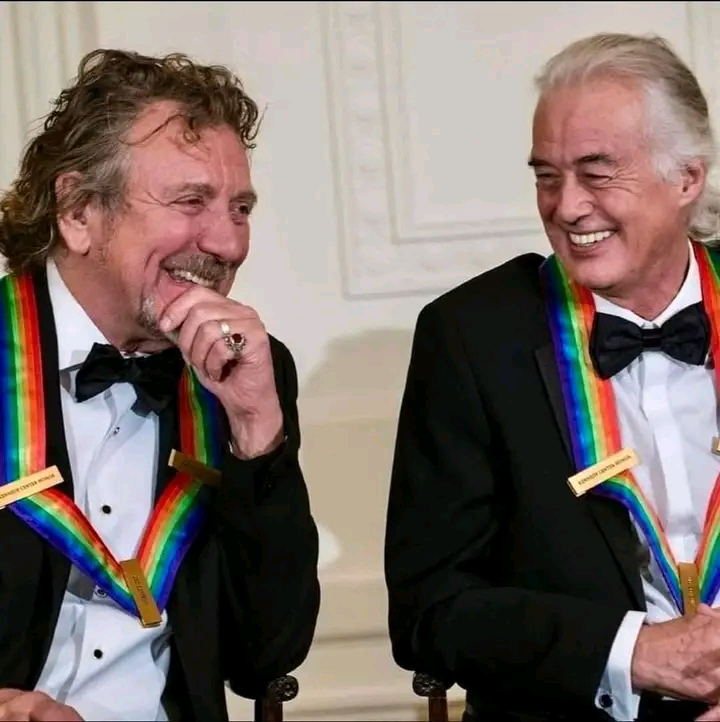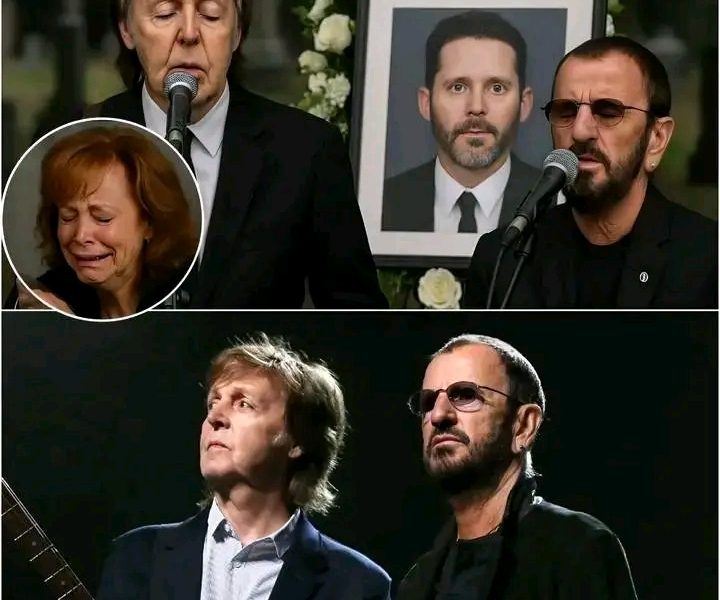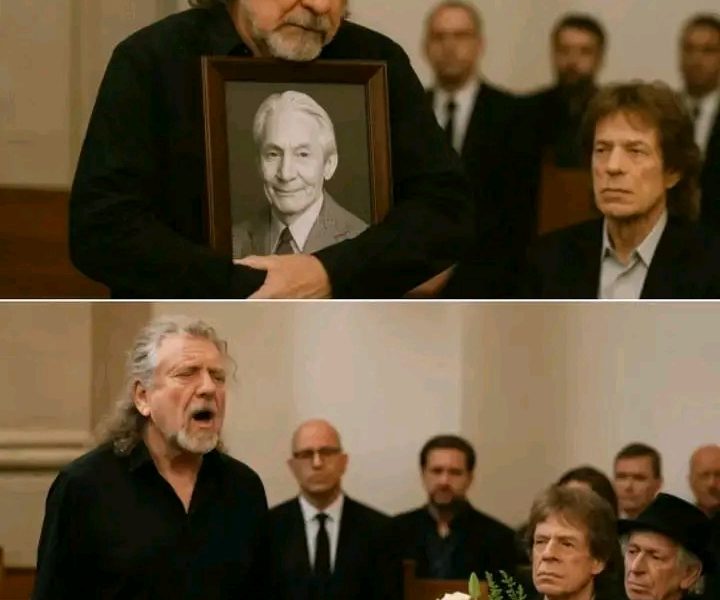“Led Zeppelin was really all about Jimmy Page. I helped, but he had the big ideas. He planned it all out, even if my words and melodies sometimes surprised him. Later on, I got more confident and sometimes made him see things differently. But he took the biggest risks—and those risks made the music special. Without Jimmy, the band wouldn’t have worked. People talk about great guitarists, but Jimmy plays in a way that’s totally different. It’s like his music comes from somewhere beyond—almost like a little to the left of heaven.”
– Robert Plant on Jimmy Page..
Robert Plant’s reflection on Jimmy Page reveals a deep admiration and acknowledgment of Page’s central role in Led Zeppelin’s legacy. In his words, Plant highlights Page not just as a guitarist, but as the architect of the band’s sound and direction. While Plant contributed lyrics, melodies, and a voice that became iconic, he credits Page with the vision that shaped everything from the beginning.
Plant’s humility is clear—he doesn’t downplay his own contributions, but he emphasizes that it was Page who took the boldest steps. He describes how Page had “the big ideas,” laying the foundation for their music and guiding its evolution. Even as Plant grew more confident in offering creative input, he still viewed Page as the one taking the real creative risks, which in turn gave Led Zeppelin its unique, transcendent sound.
What stands out most is Plant’s poetic praise of Page’s playing: “almost like a little to the left of heaven.” This captures the mystical, nearly spiritual quality many fans associate with Page’s guitar work. It wasn’t just technical skill—it was emotion, atmosphere, and something intangible. Page’s style didn’t follow traditional paths; it wandered into new territory, drawing from blues, folk, Eastern music, and pure experimentation.
Plant’s quote reminds us that great bands are often driven by singular visions—but they thrive when other members bring their own brilliance to that vision. Led Zeppelin’s power came from that balance: Page’s daring ideas matched with Plant’s voice and lyrical soul, John Paul Jones’s musicianship, and John Bonham’s thunderous drumming. Still, in Plant’s eyes, Page was the core. Without him, Zeppelin may never have been the force it was.


